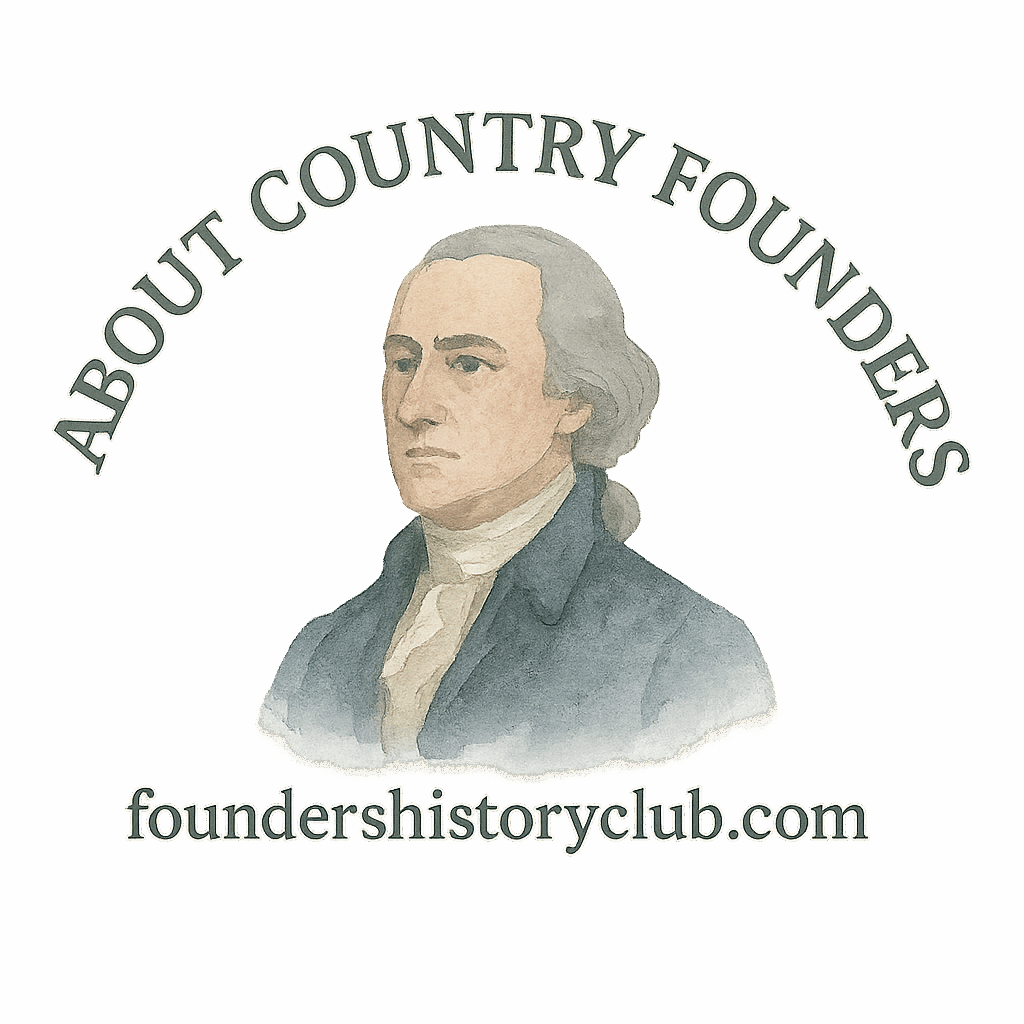Introduction
Ever noticed how some of the most powerful scenes in cinema come from history? Movies and documentaries have the uncanny ability to bring the past to life, especially when they zoom in on founding figures who changed the course of nations. From revolutionaries and kings to political visionaries and spiritual leaders, these founders have inspired generations through their larger-than-life portrayals on screen.
In this article, we explore seven founders featured in popular films and documentaries, delving into how their legacies were represented and preserved through the lens of cinema. Strap in as we take a cinematic journey through history!
1. George Washington in “The Crossing”
Background and Significance
George Washington, the face of American independence, is a name synonymous with leadership and vision. His pivotal role during the Revolutionary War and as the first President of the United States cements him among the world’s greatest founders.
Film Portrayal
“The Crossing” (2000), a gripping dramatization, captures the tense moment when Washington led his troops across the Delaware River. Jeff Daniels’ portrayal gives Washington a human touch, highlighting his doubts and determination.
Public Perception
Washington is celebrated not just in the U.S. but globally. The film amplifies the bravery of a leader who stood tall amid uncertainty. This portrayal aligns with discussions on revolutionary founders and independence.
2. Mahatma Gandhi in “Gandhi”
Historical Importance
Mahatma Gandhi is the heart of India’s freedom struggle. His philosophy of non-violence and civil disobedience became a template for global resistance movements.
Ben Kingsley’s Iconic Performance
In Richard Attenborough’s “Gandhi” (1982), Ben Kingsley embodies the soul of Gandhi. His Oscar-winning performance is a masterclass in acting and cultural empathy.
Lasting Influence
The film reinforced Gandhi’s status as a moral leader, sparking renewed interest in independence leaders and borrowed ideologies.
3. Nelson Mandela in “Invictus” and “Mandela: Long Walk to Freedom”
Struggle and Triumph
From prisoner to President, Nelson Mandela’s journey is extraordinary. He is the symbolic founder of modern South Africa, known for his resilience and reconciliation.
Morgan Freeman and Idris Elba’s Portrayals
“Invictus” (2009) and “Mandela: Long Walk to Freedom” (2013) offer different yet complementary portrayals. Freeman shows the unifier; Elba reveals the revolutionary.
Cultural Memory
Mandela remains etched in cultural memory, his story taught in schools and mirrored in governance models worldwide.

4. Abraham Lincoln in “Lincoln”
Political Legacy
Lincoln redefined American democracy and abolished slavery. His name is synonymous with justice and moral leadership.
Daniel Day-Lewis’ Performance
In Spielberg’s “Lincoln” (2012), Day-Lewis delivers a hauntingly powerful performance, showing Lincoln’s wisdom, wit, and weariness.
National Holiday Reverence
Lincoln’s birthday is a national holiday in many states. The film helped introduce his legacy to newer generations.
5. Simón Bolívar in “The Liberator”
South American Independence Leader
Simón Bolívar liberated six countries from Spanish rule, becoming one of Latin America’s greatest founders.
Edgar Ramírez’s Depiction
“The Liberator” (2013) dives into Bolívar’s dreams and disillusionments. Ramírez channels both his heroic ambition and personal struggles.
Global Inspiration
Bolívar’s influence crosses continents, a testament to global inspiration rooted in revolutionary zeal.
6. Joan of Arc in “The Messenger”
Medieval Founder and Heroine
Joan of Arc’s leadership during the Hundred Years’ War made her a symbol of French unity and divine destiny.
Milla Jovovich’s Fierce Portrayal
In “The Messenger: The Story of Joan of Arc” (1999), Milla Jovovich offers a raw, intense performance of faith and fury.
Monumental Legacy
Joan’s legacy lives on through countless monuments and scholarly works exploring medieval founders.
7. Ho Chi Minh in “The Revolutionary” (Documentary)
Vietnam’s Founding Father
Ho Chi Minh led the Vietnamese struggle for independence and formed the Democratic Republic of Vietnam.
Documentary Impact
“The Revolutionary” offers rare footage and interviews, bringing context to his strategies and ideology.
Controversy and Legacy
Ho’s story is not without controversy, yet he remains a defining figure in Vietnam’s national identity.
Why Films and Documentaries Matter for Legacy Preservation
Visual Storytelling and Education
Films make history accessible. They package complex events into engaging narratives, perfect for classrooms or casual viewing.
Cultural Impact
These portrayals shape public opinion and collective memory, which ties back to the education legacy of these leaders.
Interlinking History: Further Exploration
Comparative Views of Founders
Want to dig deeper into how different founders compare across cultures? Check out Comparative analyses on the Founders History Club.
Continental and Era-Based Founders
Explore by continent through Founders by Continent or by time period with Founders by Era.
For more resources and stories on founders, visit Founders History Club and browse tags like ancient countries, royal founders, and constitutional monarchs.
Conclusion
Founders shape our present by forging our past, and movies bring their stories into the spotlight. These portrayals not only entertain but educate, inspire, and keep the memory of these remarkable figures alive.
As we continue to watch, learn, and remember, let’s appreciate how cinema contributes to the ongoing narrative of humanity’s greatest changemakers.
FAQs
1. Why are founders featured in films important? Because films humanize historical figures and make their stories more relatable and accessible to the general public.
2. How accurate are film portrayals of founders? While films take creative liberties, many strive for historical accuracy and are often based on scholarly research.
3. What makes a founder’s story appealing for cinema? Conflict, transformation, and legacy—elements that resonate deeply in storytelling and reflect broader human experiences.
4. Are documentaries more factual than films? Generally, yes. Documentaries focus on archival footage, interviews, and research, offering a more factual narrative.
5. Where can I learn more about global founders? Visit Founders History Club for curated content on founders from various regions and eras.
6. How can educators use these films? These films can supplement textbooks and spark discussions, offering a multi-dimensional view of historical events.
7. What’s the most inspiring portrayal of a founder? That’s subjective! But many agree Ben Kingsley’s Gandhi or Daniel Day-Lewis’ Lincoln top the list for their emotional depth and authenticity.


